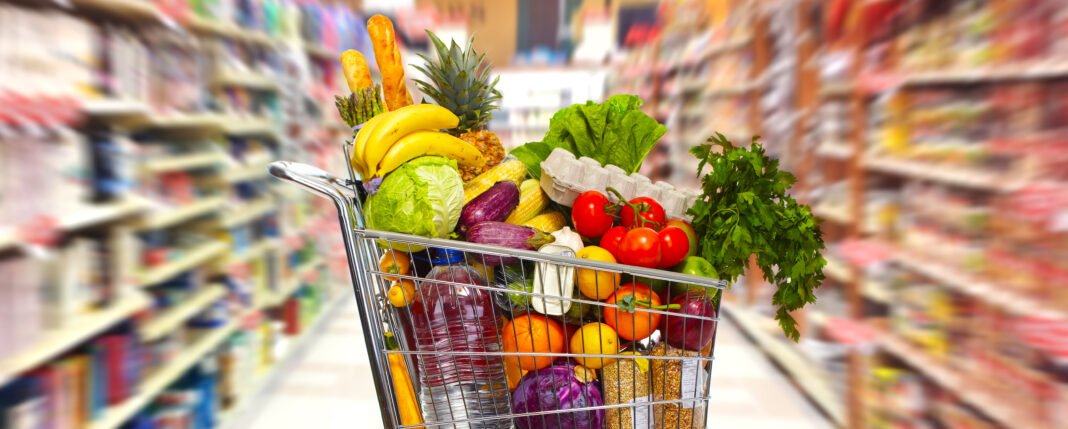Saudi Arabia has introduced new regulations affecting local grocery stores, commonly known as baqalas. These Saudi grocery rules prohibit small grocery stores from selling tobacco, dates, meat, fruit, and vegetables. The Ministry of Municipalities and Housing announced that the rules take effect immediately. However, existing stores will have six months to comply.
According to the new regulations, grocery stores and kiosks cannot sell tobacco products, including traditional cigarettes, electronic cigarettes, and shisha. They also cannot sell fresh dates, meat, fruit, or vegetables. Instead, these items must be sold exclusively in supply stores such as supermarkets and hypermarkets. Importantly, selling meat in these larger stores now requires a separate license.
In addition to product restrictions, the government has established minimum floor space requirements. Grocery stores must occupy at least 24 square meters, while supermarkets need 100 square meters or more. Hypermarkets face a minimum of 500 square meters. These measures aim to organize retail spaces and enhance consumer safety.
Interestingly, other products like charger cables and prepaid recharge cards remain allowed for sale across grocery stores, supermarkets, and hypermarkets without restrictions. These guidelines show a focused effort to regulate sensitive products while allowing everyday items to remain widely available.
Meanwhile, Saudi Arabia also celebrated a major academic achievement. King Faisal University’s Bachelor of Public Health program received international accreditation from the US Council on Education for Public Health (CEPH). This accreditation is valid through 2030 and marks the program as the first outside the United States and the Middle East to earn CEPH recognition.
This milestone demonstrates the university’s commitment to academic excellence and supports Saudi Vision 2030’s goals. By enhancing education quality, the kingdom aims to develop national talent to meet future healthcare and sectoral demands.
Overall, the Saudi grocery rules and academic achievements reflect the kingdom’s ongoing efforts to modernize both its retail landscape and educational standards.





